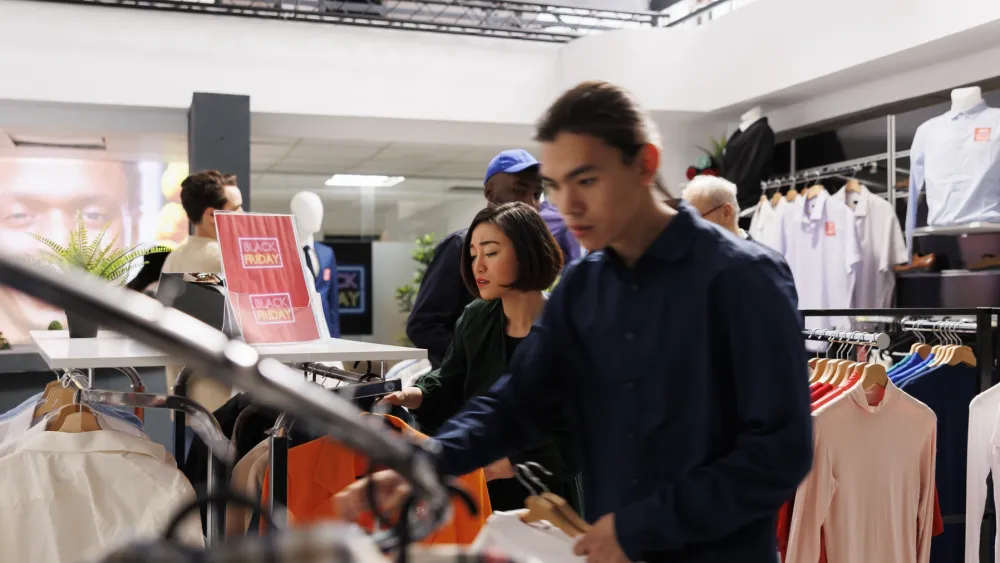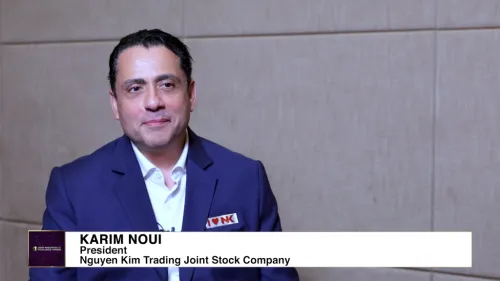
Three AI gaps that need marketer’s authentic intervention
Fact-checking, researching, and adding authentic inputs will humanise the pantomiming AI, SurveyMonkey experts said.
For some people, Generative AI apps like Chat-GPT and Bard are miracle workers; but if you’re into marketing, experts advise that you add human experience to Generative AI copies, which will create a connection with customers.
Lara Belonogoff, senior director of brand strategy at SurveyMonkey, said bringing authentic inputs will help marketers reconnect with what people are “thinking and feeling.” It will also effectively reach people and change customers or prospects.
Whilst you can still use AI for shortcuts, here are some strategies to avoid mistakes from over-relying on AI:
The first is to be careful with AI-generated outputs whilst using the tech for transactional copies, Belonogoff said.
“You need to exercise some caution and research that things are going to shake down. We don't understand how that world is going to be built,” explained Belonogoff to attendees of the Why Authentic Input Matters in the Age of AI forum in HubSpot's INBOUND 2023 in Boston, Massachusetts.
Another skill marketers need to learn is to fact-check what Generative AI is feeding them.
“Don’t end up in a situation where you're on your back foot and you have a whole bunch of content that you then need to audit and go through because you were too reliant on it at this point,” said Belonogoff.
The last part is to input authentic information alongside Generative AI texts to add what the C-suite wants to understand from your copy or what a customer should know or expect from the brand.
“Make sure you’re integrating… actual input from human beings along with anything that you’re using AI to generate at the same time,” said Belonogoff.
Consumers prefer humans over AI
On the consumer side, a poll conducted by SurveyMonkey showed that Americans prefer humans or AI for customer service.
Laura Wronski, research science manager at SurveyMonkey, said their study sought to determine the opinion of consumers. It tried to understand their concerns as tapping AI chatbots transformed the customer experience.
In the SurveyMonkey study, 64% said they would strongly prefer humans and just 2% said they would strongly prefer an AI.
When asked about the reason behind their choice, the respondents said they preferred humans because they feel that people understand their needs better and would provide more specific explanations for their issues. If they also connect with humans, it would be less likely to frustrate them.
Meanwhile, those who prefer AI because it has better availability, would address their issues faster, and provide more accurate information.
The AI survey polled 1,000 workers all over the US to determine the pulse of employees on Generative AI.


















 Advertise
Advertise







